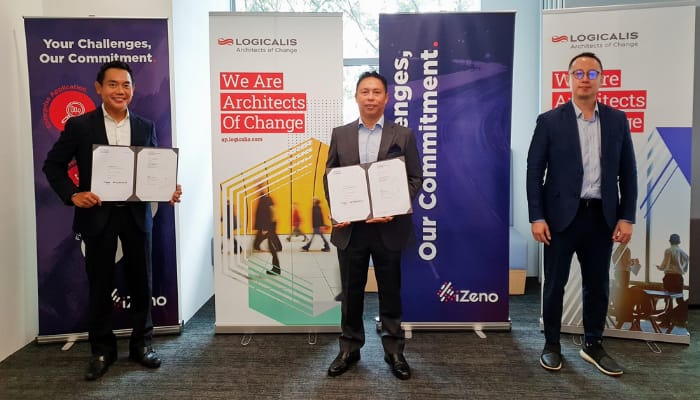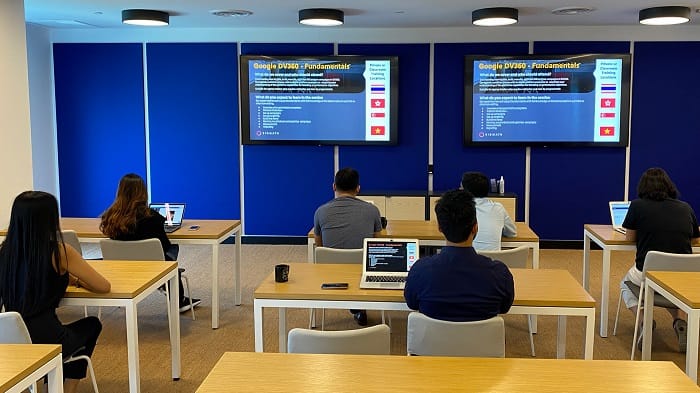Singapore – More consumers in the Asia-Pacific are doing their holiday shopping on their mobile devices, a new survey from mobile advertising AdColony shows.
Indonesia, the Philippines, and Thailand have the highest share of consumers that prefer to make purchases on their smartphones, as the majority of the country respondents clocked 94%, 93% and 91% respectively.

Respondents from Thailand (88%), Malaysia (86%), and the Philippines (84%) stated they prefer to shop in-app rather than use a mobile browser. On average, APAC shoppers showed 73% majority of showing the same consumer behavior.
Purchases related to seeing an advertisement online are also relevant to the majority of APAC consumers, as Indonesia (92%), Malaysia and the Philippines (89%), and Singapore (85%) showed majority of such behavior.

In terms of what matters most for consumers’ shopping experience on mobile devices, an average of 52% said that easy payment process matters, as evident by the majority of respondents from Thailand (60%), Indonesia (59%), the Philippines (55%) and Malaysia (54%).
Japan (50%), Australia (53%) and Indonesia (56%) said that gifting this holiday should be done via shipping the gift directly to the receiver, while Malaysia (58%) and Thailand (52%) said that they will do the exchange gifting after the gift shipment has arrived.

Meanwhile, online ordering, accompanied with concurrent home delivery still ranks as the top choice of shopping for today’s APAC consumers, garnering an average of 85% of all the respondents. Also, 55% of the respondents state that better deals are the prime reason why they shop online, evident by consumer behavior from Malaysia (70%), Singapore (62%) and Thailand (56%).










